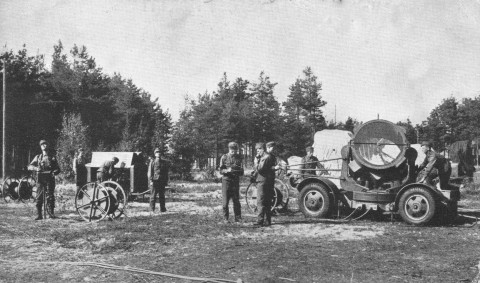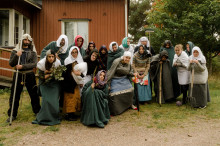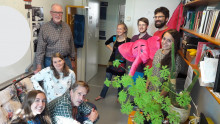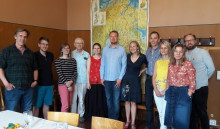
Robert Lynch, John Loehr, Virpi Lummaa, Terhi Honkola, Jenni Pettay and Outi Vesakoski 2022: Proc R Soc B 289:1967
Socio-cultural similarity with host population rather than ecological similarity predicts success and failure of human migrations
ABSTRACT
Demographers argue that human migration patterns are shaped by people moving to better environments. More recently, however, evolutionary theorists have argued that people move to similar environments to which they are culturally adapted. While previous studies analysing which factors affect migration patterns have focused almost exclusively on successful migrations, here we take advantage of a natural experiment during World War II in which an entire population was forcibly displaced but were then allowed to return home to compare successful with unsuccessful migrations. We test two competing hypotheses: (1) individuals who relocate to environments that are superior to their place of origin will be more likely to remain—The Better Environment Hypothesis or (2) individuals who relocate to environments that are similar to their place of origin will be more likely to remain—The Similar Environment Hypothesis. Using detailed records recording the social, cultural, linguistic and ecological conditions of the origin and destination locations, we find that cultural similarity (e.g. linguistic similarity and marrying within one’s own minority ethnic group)—rather than ecological differences—are the best predictors of successful migrations. These results suggest that social relationships, empowered by cultural similarity with the host population, play a critical role in successful migrations and provide limited support for the similar environment hypothesis. Overall, these results demonstrate the importance of comparing unsuccessful with successful migrations in efforts understand the engines of human dispersal and suggest that the primary obstacles to human migrations and successful range expansion are sociocultural rather than ecological.










